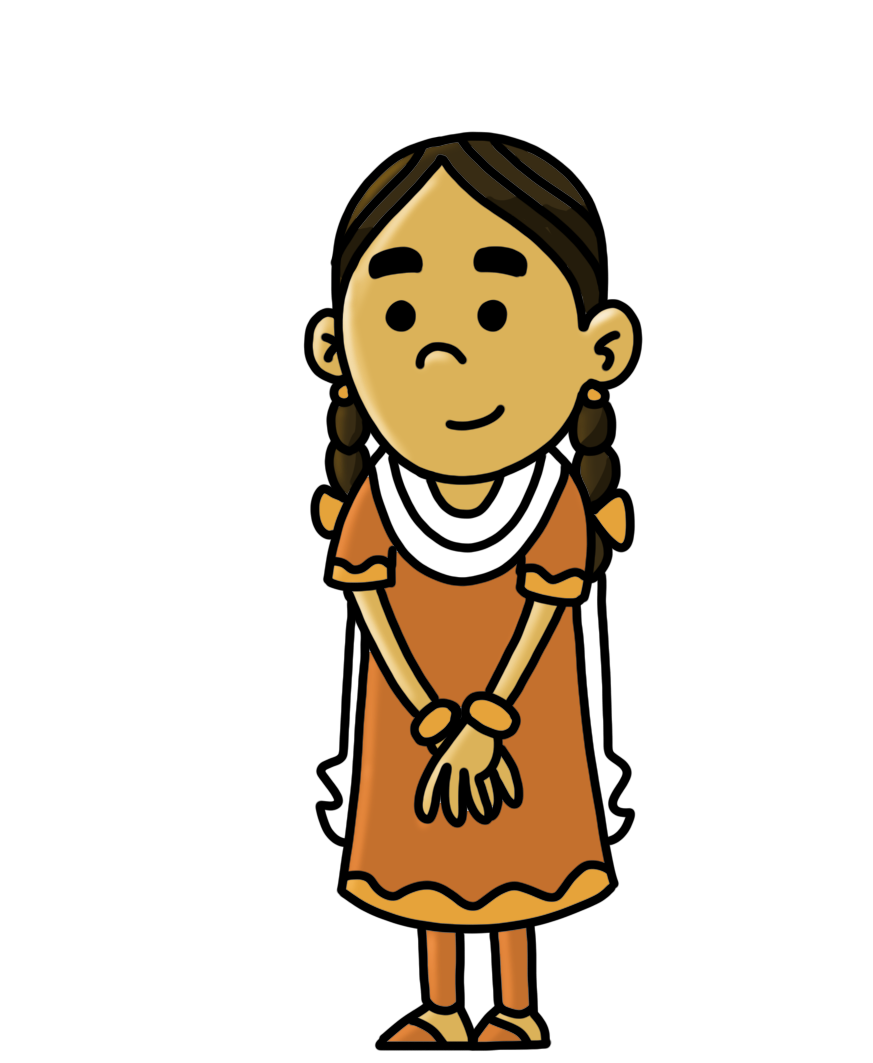Adoption is(( Section 2(2), Juvenile Justice (Care and Protection of Children) Act, 2015; Section 63, Juvenile Justice (Care and Protection of Children) Act, 2015.)) the process through which a prospective adoptive parent(s) lawfully assumes the responsibility of a child, including all the rights, privileges and responsibilities that have already been given to the child. After the legal formalities of adoption are done, the child is permanently separated from their biological parents and is assumed to be the child(( Section 63, Juvenile Justice (Care and Protection of Children) Act, 2015)) of the adoptive parents.
In India, the laws on adoption are based on the religion of the parents and the child. You can choose which law applies to you from the options given below.
If you are a Hindu, Buddhist, Jain and Sikh
If you are a Hindu, Buddhist, Jain or Sikh (referred to collectively as Hindu) then you have the option of adopting under the Hindu adoption law known as the Hindu Adoptions and Maintenance Act, 1956 (HAMA). It provides for adoption of Hindu children(( Section 2(1), Hindu Adoption and Maintenance Act, 1956.)). You cannot adopt under this law if you are a Muslim, Christian, Parsi or Jew, or from Scheduled Tribes(( Section 2(2), Hindu Adoption and Maintenance Act, 1956.)). If you want to adopt under the Hindu law, read more here.
All other religions
If you do not want to or cannot adopt under a religious law, then you have the option of adopting under the Juvenile Justice (Care and Protection of Children) Act, 2015 (JJ Act), which is a general adoption law under which any person of any religion(( Section 56 (1), Juvenile Justice (Care and Protection of Children) Act, 2015.)) can adopt, including Hindus, Scheduled Tribes, etc. Read more to understand how the process of adoption works under this law.
See the table given below if you want to understand which law you should adopt under:
| Hindu Adoption and Maintenance Act, 1956 (HAMA)
(Hindu Law) |
Juvenile Justice (Care and Protection of Children) Act, 2015
(Non-Religious Law) |
| Adoptive Parents can only be Hindu, Buddhist, Jain or Sikh. You cannot adopt under this law if you are a Muslim, Christian, Parsi or Jew or from Scheduled Tribes. | Adoptive Parents can be of any religion, caste or tribe. |
| Only Hindu children can be adopted | Any child of any religion can be adopted |
| Children up to 15 years can be adopted | Children up to 18 years can be adopted |
| Procedure to adopt is not given in detail. Usually a deed is executed to adopt the child. | The procedure for adoption is different for different categories depending on who you are:
|

